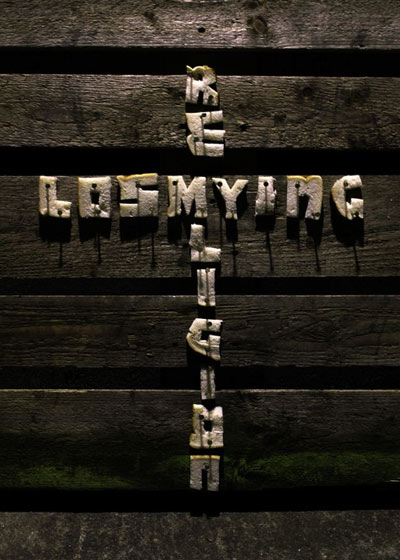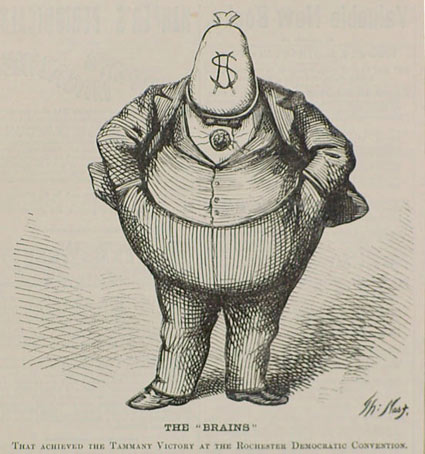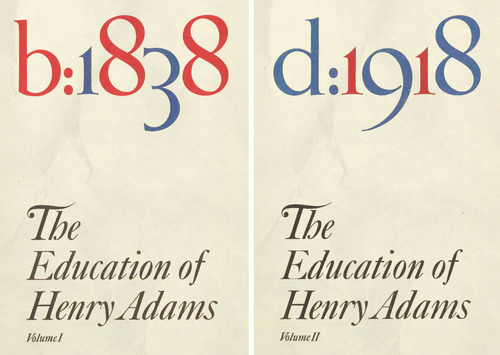Losing religion

‘The letters are bread’
The work of Northern Ireland-based designer Christopher Scott. Photographed by Ryan O’Neill.
Found via Art Chantry

‘The letters are bread’
The work of Northern Ireland-based designer Christopher Scott. Photographed by Ryan O’Neill.
Found via Art Chantry
Illustration by Louis Biedermann for Joseph Pulitzer’s The New York World, December 1900. Details.
‘DO NOT be afraid to let FB share your info for my MoveOn.org video. Nothing dangerous here. Just type ur name!’ –Olivia Wilde
Personalized video from the future – reminding us that every single vote still counts.
Click on the image to watch. Just type your name in.
And vote today – any way you can. Facebook will even help you find your polling place.
Be sane.
‘I’m totally voting for Eisenhower now.’ -posted comment
From the 1952 election.
and
Best political comment I’ve read this season comes from one of my students, Ashley:
‘NEWS FLASH: It’s 2010. You know what’s NOT a big deal? Smoking pot. Or being gay. Or women and brown people in politics. Can we all just acknowledge this already, or would you like a little more time to camp out in 1950?’
Found via Jamie DeVriend

This is probably my favorite political image: Harper’s Weekly cartoonist Thomas Nast’s take on New York’s William “Boss” Tweed – with money head. Tweed was played by Jim Broadbent in the movie.
Thomas Nast (1840-1902) holds the title of ‘father of the American cartoon’ and along the way ended up turning both donkey and elephant into American political icons.
Prior to Nast’s involvement, ‘It all started with an insult. During Andrew Jackson’s 1828 presidential campaign, his political opponents labeled him a ‘jackass.’ Stubborn as he was, Jackson co-opted the insult and began putting a donkey on his election posters.’ [Read more →]

‘Seriously gorgeous paired volumes of Adams’ celebrated intellectual autobiography – a brilliant deployment of two classic typefaces, Garamond and Caslon’
Pictured, covers from the beautifully-designed 1964 double volume, of which a copy may be snagged here. If you’re fast.
Details about Bostonian Henry Adams (1838-1918) here. Theme analysis by the NYT here.
Found via this, that, and also